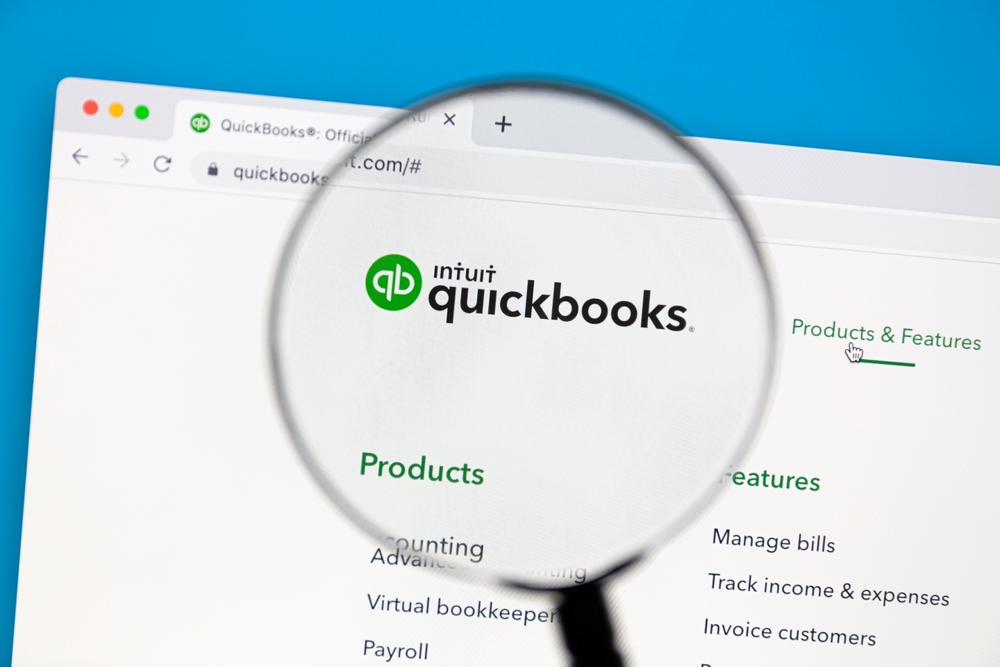Tax season can be a daunting time for small businesses, but with the right tools and strategies in place, it doesn’t have to be overwhelming. QuickBooks, a leading accounting software, offers several features that can streamline your tax preparation process and help you stay organized. In this blog post, we’ll explore three essential QuickBooks tools that can help small businesses succeed during tax season.
1. QuickBooks Online Reports
One of the most powerful tools in QuickBooks Online is its reporting feature. QuickBooks offers a wide range of customizable reports that can give you insights into your business’s financial health, cash flow, expenses, and more. During tax season, these reports can be invaluable for organizing your financial data and preparing your tax returns.
Income Statement (Profit and Loss): This report provides a snapshot of your business’s income and expenses over a specific period. It categorizes your revenue and expenses, making it easy to see where your money is coming from and where it’s going. You can use this report to identify potential deductions and ensure that you’re claiming all eligible expenses on your tax return.
Balance Sheet: The balance sheet provides an overview of your business’s financial position at a specific point in time. It shows your assets, liabilities, and equity, giving you a clear picture of your business’s net worth. This report is essential for accurately reporting your business’s financial status on your tax return.
Sales Tax Liability Report: If your business collects sales tax, QuickBooks can generate a sales tax liability report that shows how much sales tax you’ve collected and owe to tax authorities. This report can help ensure that you’re compliant with sales tax regulations and avoid costly penalties for underreporting or late payments.
2. QuickBooks Self-Employed
For freelancers, independent contractors, and small business owners who file Schedule C with their tax returns, QuickBooks Self-Employed is a game-changer. This specialized version of QuickBooks is designed specifically for self-employed individuals and offers features tailored to their needs.
Automatic Expense Tracking: QuickBooks Self-Employed automatically tracks your business expenses by connecting to your bank and credit card accounts. It categorizes expenses as business or personal, making it easy to see which expenses are deductible on your tax return.
Mileage Tracking: If you use your car for business purposes, QuickBooks Self-Employed allows you to track your mileage automatically using your smartphone’s GPS. This feature can help you maximize your mileage deductions and save money on your taxes.
Quarterly Estimated Taxes: QuickBooks Self-Employed can help you estimate your quarterly tax payments based on your income and expenses. This can help you avoid underpayment penalties and ensure that you’re setting aside enough money to cover your tax obligations throughout the year.
3. QuickBooks Desktop Payroll
If you have employees, QuickBooks Desktop Payroll can streamline your payroll process and help you stay compliant with payroll tax regulations. This comprehensive payroll solution integrates seamlessly with QuickBooks Desktop, allowing you to manage your employees’ paychecks, taxes, and forms in one place.
Automatic Payroll Calculations: QuickBooks Desktop Payroll automatically calculates your employees’ wages, deductions, and taxes based on the information you provide. This can save you time and reduce the risk of errors associated with manual payroll processing.
Direct Deposit: With QuickBooks Desktop Payroll, you can pay your employees via direct deposit, eliminating the need for paper checks and simplifying the payroll process. This feature is not only convenient for you and your employees but also helps ensure timely payments and compliance with labor laws.
Tax Form Preparation: QuickBooks Desktop Payroll can generate and file your payroll tax forms, including W-2s, W-3s, 1099s, and 941s. This can save you time and reduce the likelihood of errors when preparing and filing your tax forms at the end of the year.
In conclusion, QuickBooks offers a variety of tools and features that can help small businesses succeed during tax season. From customizable reports and automatic expense tracking to specialized solutions for self-employed individuals and comprehensive payroll processing, QuickBooks has everything you need to streamline your tax preparation process and stay organized throughout the year. By leveraging these tools effectively, you can save time, minimize stress, and ensure compliance with tax regulations, allowing you to focus on what you do best—running and growing your business.
